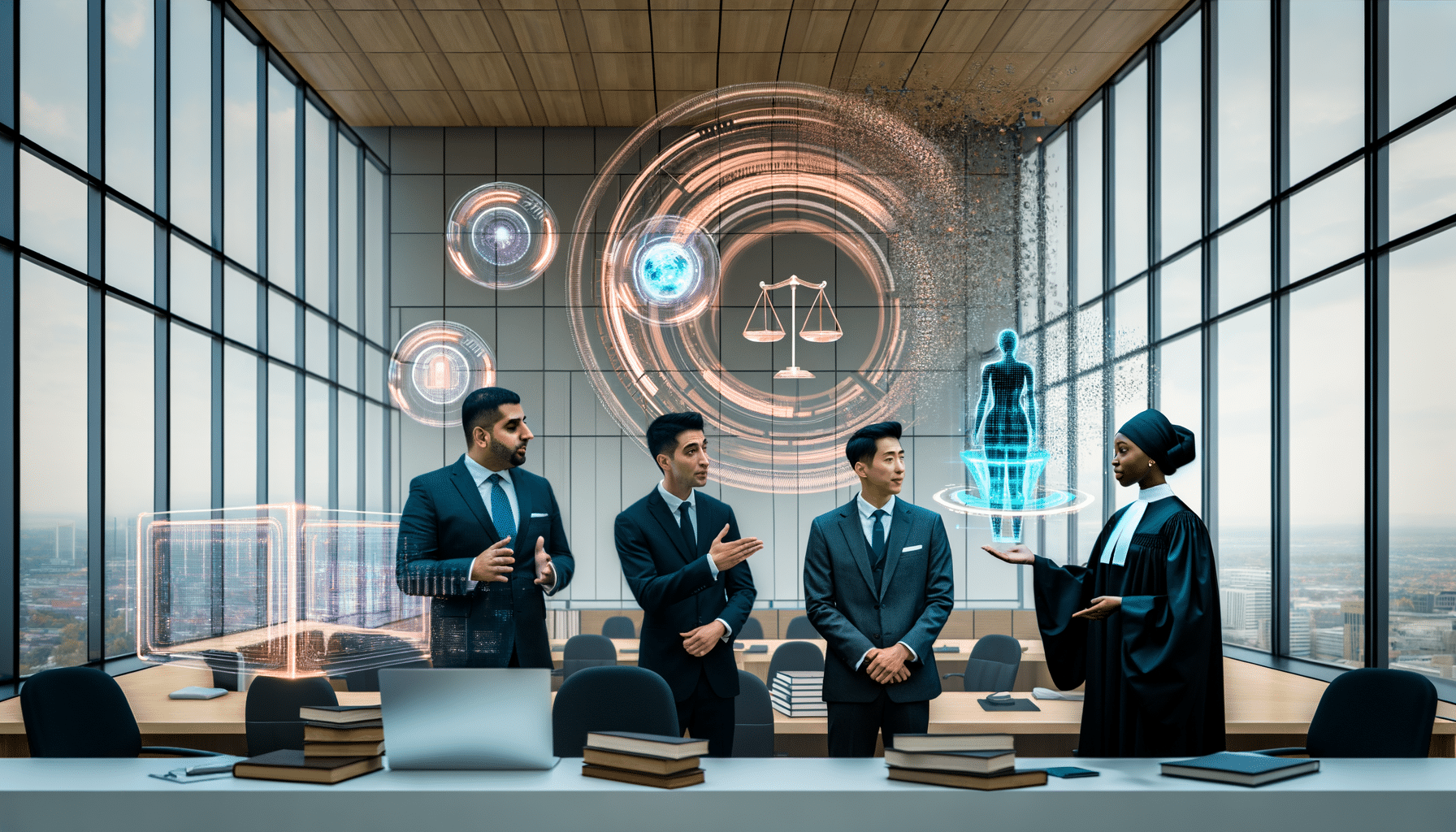Transforming Evidence Analysis with AI: Navigating Legal Challenges
In my journey developing RecordsKeeper.AI, I’ve witnessed first-hand the transformative power of AI in record management. However, when it comes to integrating AI evidence analysis into legal processes, unique challenges often serve as formidable obstacles. Today, I want to take you through some of the key legal hurdles associated with employing AI for evidence analysis and how we can address them effectively.
Understanding the Legal Ecosystem
The legal sector is historically stringent when it comes to adopting new technologies. Understandably, the stakes are high, and ethical concerns can’t be understated. In consideration of AI evidence analysis, it is essential to align AI capabilities with legal protocols, ensuring credibility and accuracy in results. These ambitious goals necessitate overcoming several challenges.
Data Privacy and Compliance
One of the primary hurdles is to ensure compliance with data privacy laws such as GDPR and HIPAA. Legal professionals must strike a balance between innovation and regulation, safeguarding individual rights while maximizing AI’s capabilities. Compliance isn’t optional, and when coupled with AI, it becomes even more complex. We must develop robust frameworks that allow AI systems to operate within such constraints while still delivering value. This is where compliance management tools, like those integrated into RecordsKeeper.AI, become indispensable.
Ethical Concerns and Bias
AI, when designed poorly, can produce results that are inconsistent with ethical standards or discriminatory. This is particularly concerning in the legal domain where biased evidence analysis can have far-reaching consequences. Developing transparent algorithms and ensuring diversity in training data sets are paramount to minimize this risk. By implementing AI with the utmost care, and continuously validating its outputs, we foster trust and fairness in the judicial process.
Admissibility of AI-Processed Evidence
The legal community is still grappling with the admissibility of AI-processed evidence in courtrooms. It’s crucial that AI models are not only accurate but also transparent and explainable. Legal decisions rely on the integrity and accountability of evidence collection and analysis processes, compelling tech providers and legal authorities alike to collaborate in developing standardized protocols that govern their use.
Cybersecurity Risks
With the proliferation of AI tools, cybersecurity emerges as a substantial legal challenge. Handling sensitive legal documents and case materials demands heightened security measures that AI systems must comply with. Features like secure data rooms and end-to-end encryption become necessary in safeguarding legal data from unauthorized access and manipulation, thus upholding the integrity of the evidence.
Navigating Intellectual Property Rights
Intellectual property concerns arise wherever AI systems generate or manipulate data. Whether it involves proprietary algorithms or data ownership, navigating these intricacies is essential. I recommend legal teams work closely with tech providers to establish clear terms that protect ownership rights and promote innovation.
Building the Future
In light of these challenges, the successful integration of AI into evidence analysis relies on continuous dialogue between legal experts and tech developers. We must advocate for blending technical innovation with stringent legal frameworks, ensuring AI tools support rather than disrupt judicial processes.
At RecordsKeeper.AI, we strive to address these legal barriers by providing state-of-the-art solutions that prioritize privacy, transparency, and compliance. For practitioners and policymakers, leaning into innovative record management solutions is a strategic imperative that promises enhanced efficiency and strengthened legal integrity.
Final Thoughts
The legal landscape is changing, and technology is at the forefront. Understanding and addressing the legal challenges in adopting AI for evidence analysis is only the beginning. I invite you to explore more about how RecordsKeeper.AI can transform your approach to data management and legal compliance. Together, we can pave the way for a future where AI not only complements but enhances justice.
For further insights and to stay updated with the world of legal technology, follow along on my journey as we redefine what’s possible with AI in record management.








